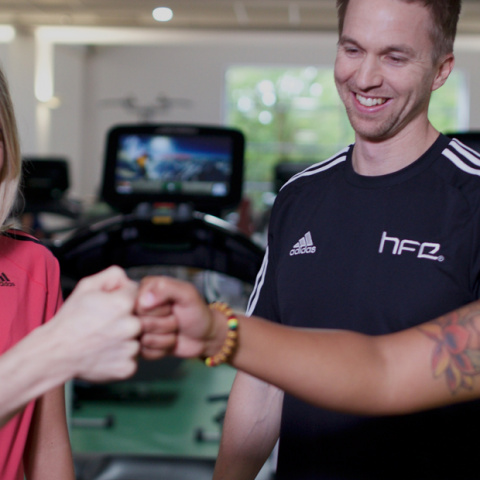Intensive exercise improves the academic performance of teenagers, according to new research published in the British Journal of Sports Medicine. The study found interesting links between exercise and exam success, particularly in the subjects of English, maths and science.
Intensive exercise improves the academic performance of teenagers, according to new research published in the British Journal of Sports Medicine. The study found interesting links between exercise and exam success, particularly in the subjects of English, maths and science.
Findings were based on a representative sample of almost 5,000 children who were all part of the Children of the 90s study, also known as the Avon Longitudinal Study of Parents and Children (ALSPAC). The ALSPAC study is tracking the long-term health of around 14,000 children born in the UK between 1991 and 1992 in the south west of England.
Researchers at the universities of Strathclyde and Dundee found physical activity particularly benefited girls’ performance at science. The authors of the study said this could be a chance finding or may reflect gender differences in the impact of physical activity on the brain.
“This is an important finding, especially in light of the current UK and European Commission policy aimed at increasing the number of females in science subjects,” said Dr Josie Booth, one of the leaders of the study, from Dundee University.
Children who carried out regular exercise, not only performed better academically at 11 but also at the age of 13, and in their exams at 16, the study found. Their academic performance was formally assessed at the ages of 11 (compulsory national test – key stage 1), at 13 (compulsory national test – key stage 2) and at the ages of 15 and 16 (GCSE – key stage 4).
Children who carried out regular exercise, not only performed better academically at 11 but also at the age of 13, and in their exams at 16
Daily physical activity levels were measured for periods of between three to seven days using an accelerometer. The average daily exercise was just 29 minutes for boys and 18 minutes for girls – well below the recommended 60 minutes a day. The analysis showed that at the age of 11, better academic performance across the three subjects was linked to the amount of moderate to vigorous physical activity undertaken. Academic performance at the age of 13 was similarly linked to activity levels at the age of 11. While at GCSE level, it found an increase in performance for every extra 17 minutes boys exercised and 12 minutes for girls.
The authors suggest that since every 15 minutes of exercise improved performance by an average of approximately a quarter of a grade; it was possible that children who carried out 60 minutes of exercise each day could improve their academic performance by a full grade. For example, from a C to a B. However, they admitted this was based on speculation as very few children carried out anywhere near this amount of exercise daily.
“Physical activity is more than just important for your physical health. There are other benefits and that is something that should be especially important to parents, policy-makers and people involved in education,” said Dr Booth. “If moderate to vigorous physical activity does influence academic attainment, this has implications for public health and education policy by providing schools and parents with a potentially important stake in meaningful and sustained increases in physical activity.”
The study was funded by a grant from the Bupa Foundation to the University of Strathclyde.


